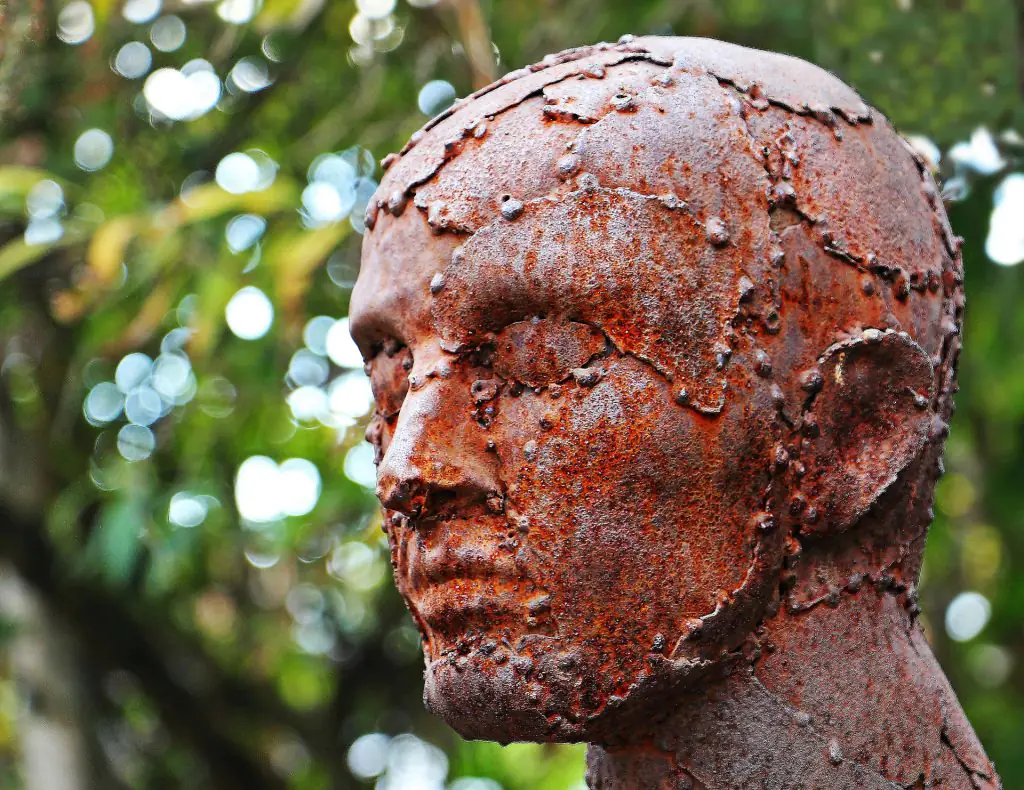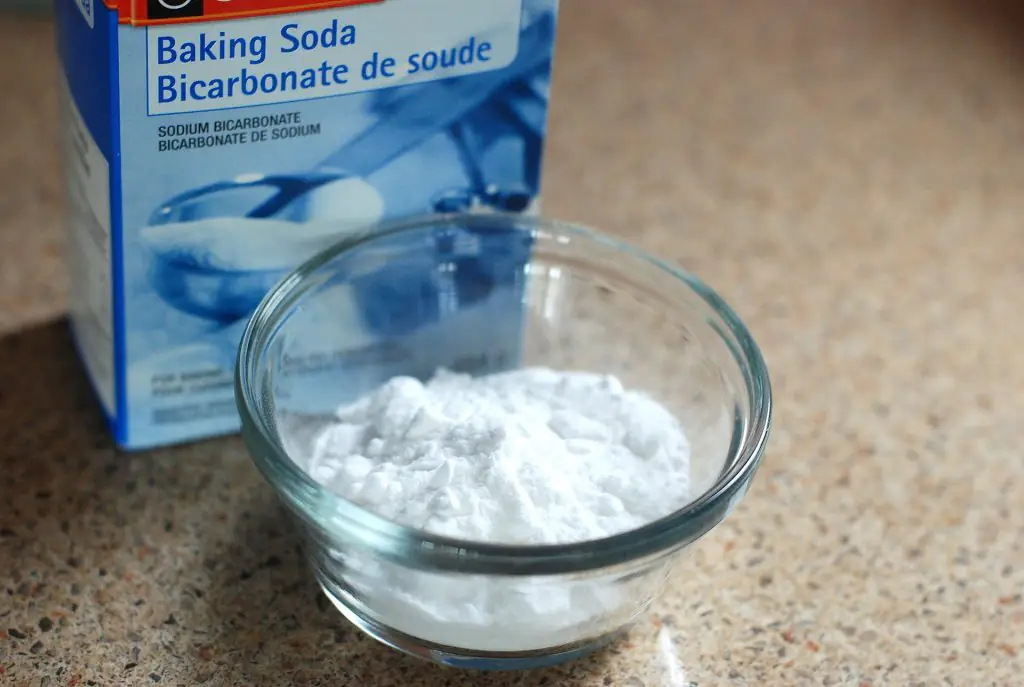Chemical Reactions
Chemicals are all around us! Water, soap, salt, baking soda, vinegar and bleach are all chemicals you probably have at home now. What are chemical reactions? Most of us hear chemical reactions and we think of a crazy haired scientist in a laboratory, but in reality, chemical reactions are happening all around us all the time! Batteries producing electricity, your food breaking down into energy, wood burning, and metal rusting are common chemical reactions.

A chemical reaction is defined as a process where substances undergo a chemical change to form a new substance. Chemical reactions can be signaled in a color change, production of odor, change of temperature, evolution of gas or bubbling, or creation of a precipitate meaning a solid is formed. Reactants and reagents are the substances used to create a chemical reaction, and a product is the result of the chemical reaction.
Chemical reactions occur at various rates. While pouring bleach onto a black shirt changes the color almost immediately, it may take days to years for metal to rust! The speed at which a chemical reaction occurs is called the reaction rate. This rate can be sped up by exposing the reaction to heat, stirring, concentrating the reactants, or use of a catalyst. A catalyst is a substance that is specific to each chemical reaction and is intended to speed the reaction rate!

Want to begin a chemical reaction of your own? Build a chemical reaction lava lamp and see how chemicals interact!
https://sciencemadefun.net/downloads/lava_baking_soda.pdf

